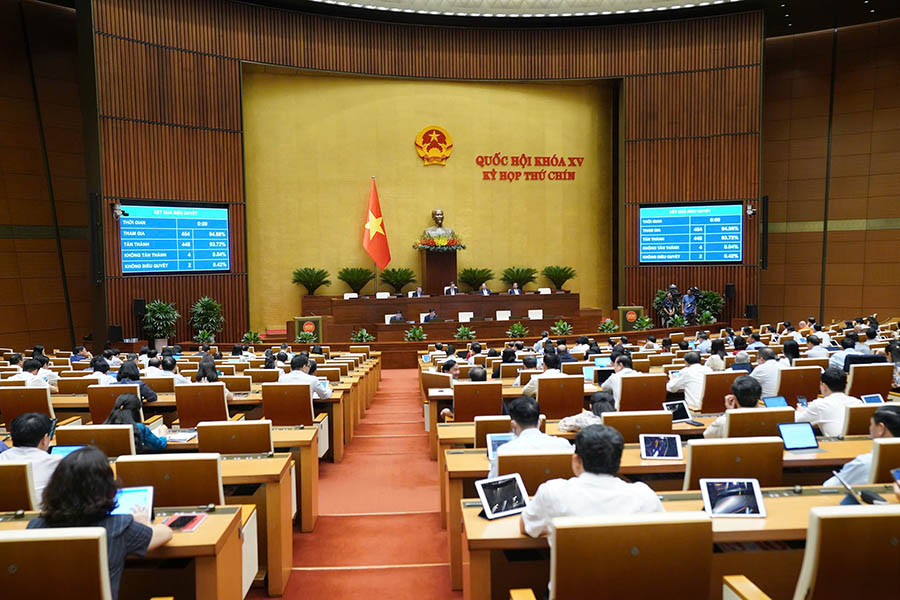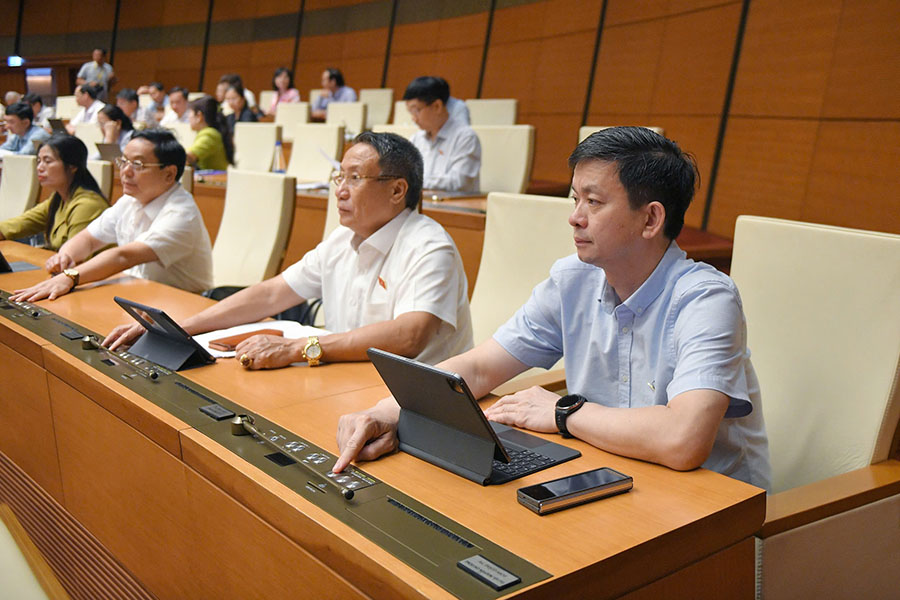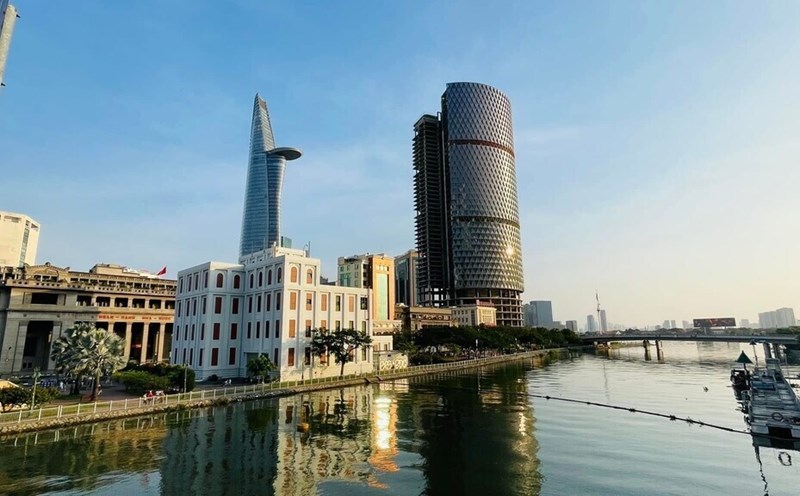On the morning of June 14, with the majority of delegates in favor (94.56%), the draft Law on Corporate Income Tax (amended) (CIT) was officially passed by the National Assembly.

Notably, the draft Law on Corporate Income Tax (amended) has just been passed, stipulating the application of a preferential tax rate of 10% on the income of press agencies, including advertising in newspapers according to the provisions of the Press Law.
According to current regulations, the income of press agencies from print newspaper activities, including advertising in print newspapers, applies a corporate income tax rate of 10% throughout its operation; for other press activities, the common tax rate is 20%.
Thus, the preferential tax rate for the press has been synchronously reduced to 10%.

Regarding tax-exempt income, report on explanation, acceptance, and revision of the draft Law, Chairman of the Economic and Financial Committee (KTTC) Phan Van Mai said that there are opinions suggesting cautious consideration and stricter regulations on tax exemption for funding for scientific research, technology development, innovation, and digital transformation in cases where there are linkages between the parties.
According to Mr. Mai, basically, for sponsorships in the fields of science, technology development, innovation and digital transformation, the draft Law stipulates tax exemption.
In particular, in the case of sponsorship received between parties with a linkage relationship, there is a risk of being taken advantage of to transfer profits, transfer prices, reduce tax obligations, especially when the expenses for the development of science, technology, digital transformation, etc. are often very large, wide-ranged and valuation according to the market is difficult to do.
Therefore, taking into account the opinions of National Assembly deputies, the draft Law has been revised in the direction of regulating tax exemption for sponsorships in this field, but excluding the case where the sponsorship is received from enterprises with relationships.
In addition, the draft Law stipulates that preferential tax rates (15%, 17%) will not be applied to enterprises that are subsidiaries or companies with relationships and the enterprises in the relationships are not enterprises that meet the conditions for applying preferential tax rates.
According to the National Assembly Standing Committee, small and medium-sized enterprises, in the case of being linked to large enterprises, are not inherently ordinary small and medium-sized enterprises.
The provisions as in the draft Law aim to ensure strictness, avoiding the situation where businesses take advantage of policies, divide and separate businesses to enjoy tax incentives.
In addition, Resolution No. 198/NQ-QH15 has stipulated special incentives and support with higher incentives for small and medium enterprises, startups, and high-tech enterprises.
The Law on Corporate Income Tax (amended) consists of 4 chapters and 20 articles, effective from October 1 and applicable to the corporate income tax calculation period in 2025.











